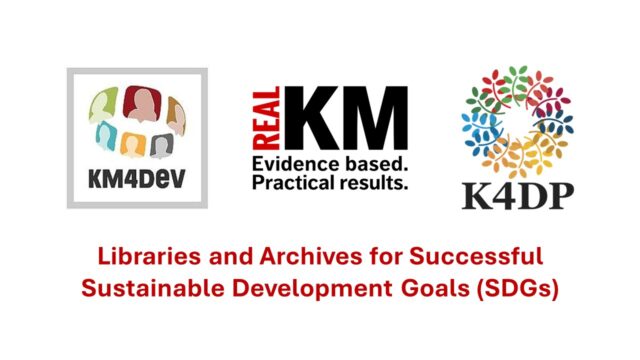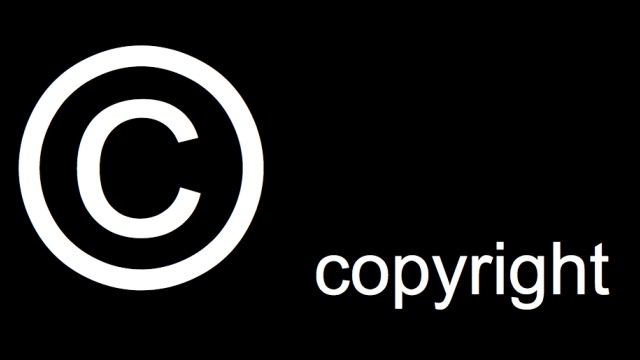
News updates: UNESCO MILCLICKS, Marrakesh Treaty, E-book lending
UNESCO MILCLICKS media and information literacy initiative
UNESCO has launched the MILCLICKS initiative with the aim of improving media and information literacy in online interactions. In the MILCLICKS acronym, MIL stands for Media and Information Literacy, and CLICKS stands for Critical thinking and creativity, Literacy, Intercultural, Citizenship, Knowledge and Sustainability.
The MILCLICKS social media strategy will engage people in developing MIL skills, and give them an understanding of how to evaluate information and how to identify and to find credible sources. Promoting the development of media and information literacy will help to address the spread of misinformation online.
UNESCO invites people to use the hashtag #MILCLICKS, and to “click wisely”.
Marrakesh Treaty now in force
The Marrakesh Treaty to Facilitate Access to Published Works for Persons Who Are Blind, Visually Impaired, or Otherwise Print Disabled (MVT) has the main goal of creating a set of mandatory limitations and exceptions to benefit the blind, visually impaired, and otherwise print disabled (VIPs).
With Canada becoming the 20th nation to accede to the Marrakesh Treaty, it came into force on 30 September. The first 20 countries to ratify or accede the treaty were India, El Salvador, United Arab Emirates, Mali, Uruguay, Paraguay, Singapore, Argentina, Mexico, Mongolia, Republic of Korea, Australia, Brazil, Peru, Democratic People’s Republic of Korea, Israel, Chile, Ecuador, Guatemala and Canada.
The treaty:
…requires Contracting Parties to introduce a standard set of limitations and exceptions to copyright rules in order to permit reproduction, distribution and making available of published works in formats designed to be accessible to VIPs, and to permit exchange of these works across borders by organizations that serve those beneficiaries.
E-books can be lent by EU libraries
The highest court in the European Union (EU) has ruled that libraries can lend out electronic books (e-books), in the same way as normal books.
In making the ruling, the court endorsed a “one copy, one user” model similar to that which applies to normal books:
A copy of an e-book is placed on the server of a public library, allowing a member of the public to download it. Only one copy at a time can be lent out in this way. After the lending period for the e-book expires, the downloaded copy can no longer be used by that user, but another copy can be downloaded by someone else.
The court also stated that library e-books must be obtained legally, and that any e-book lending must comply with relevant national laws.
Article sources: CILIP, Ars Technica UK.
Header image source: Newspaper fire orange by Jon S is licensed by CC BY 2.0.
Also published on Medium.





